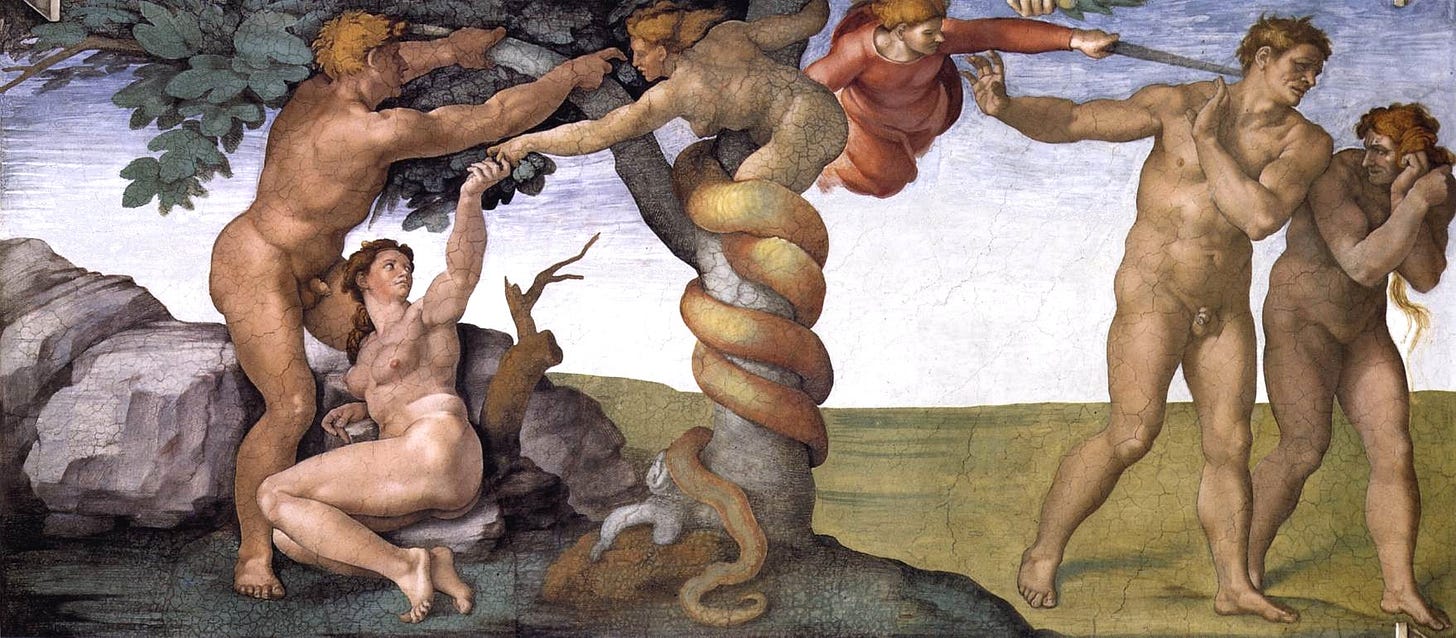
Atheists don’t believe in God because they want to sin without consequences. We’re all familiar with this assessment. And that saying this is a s…

Atheists don’t believe in God because they want to sin without consequences. We’re all familiar with this assessment. And that saying this is a s…